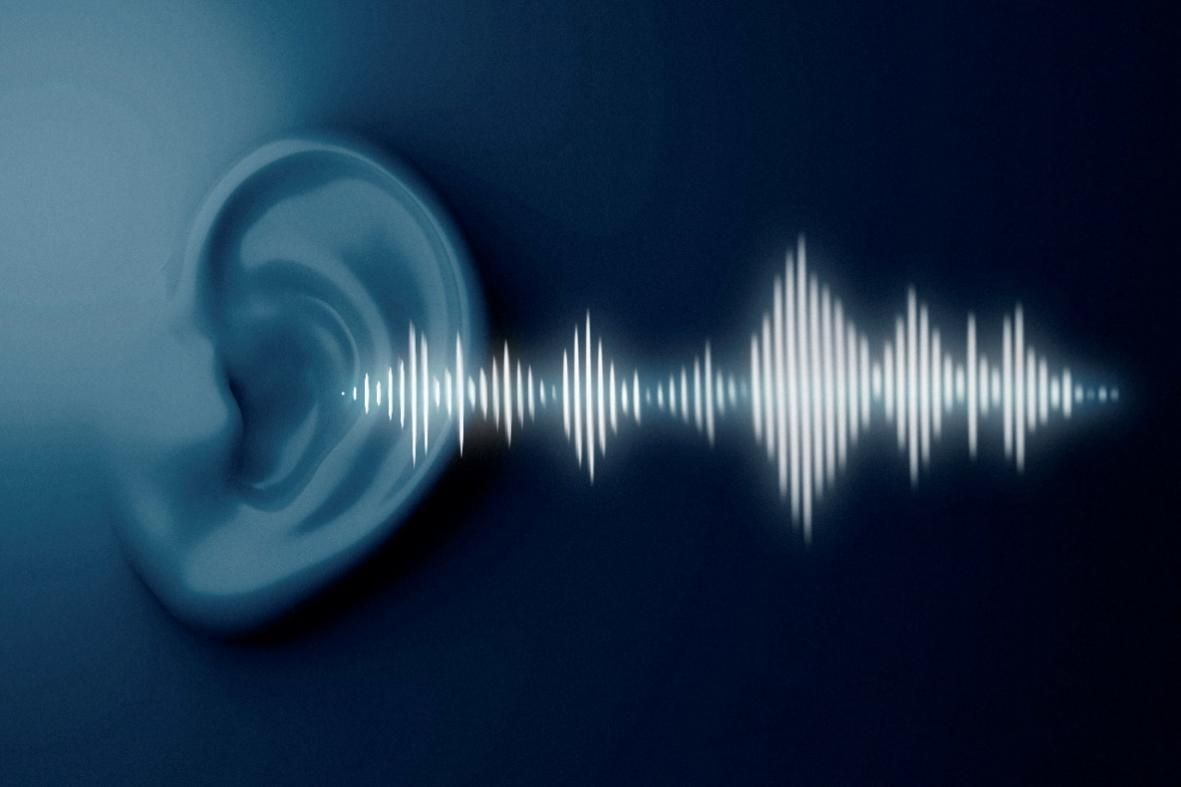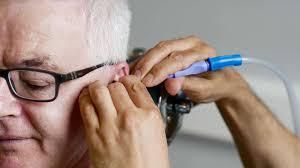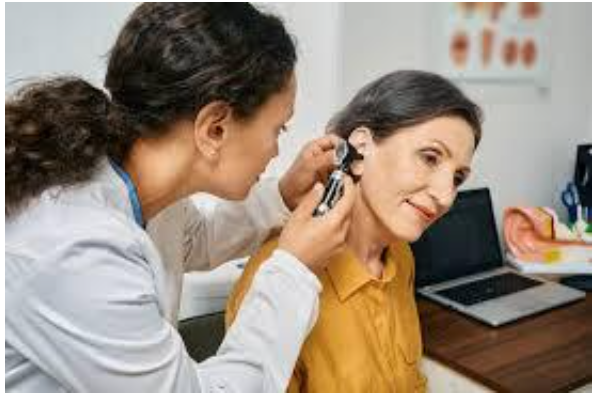5 Ways You Can Help A Friend
Hearing loss can be one of the most isolating events your friend undergoes.
Without their hearing, they lose access to one of the key senses of the human experience. In addition to that, not everyone knows how to communicate effectively with someone who has hearing loss. Here are five ways you can help a friend experiencing hearing loss.
Speak Directly to Your Friend
You don’t have to know sign language to communicate with friends experiencing hearing loss. You can communicate through body language. Look directly at your friend, as this can help them focus on your mouth while speaking.
You May Need to Repeat What You Said
If you notice a friend has trouble hearing, it’s helpful to repeat what you said. It can be as simple as pulling them to the side and repeating what you said or repeating what someone else said.
Know Your Friend's Comfort Level
Hearing loss is complex to manoeuvre when first diagnosed. Take it upon yourself to ease your friend's burden by asking how they prefer to communicate or what you can do to make communication easier.
While your friend may still be determining their own comfort level, be open to learning new ways to communicate or avoid loud bars on a night out. Adjusting your comfort level to meet your friends will only help your friend as they navigate their hearing loss.
Speak Clearly
If a friend misinterprets what you say, it can cause serious issues. Not only are the words you choose important, but how you say the words are even more important.
While speaking clearly may sound like an obvious answer, slurred or muffled speech can increase the stress of those with hearing loss. Aim to enunciate your words, maintain your facial cues, and tell your friend about your genuine attempt to speak with them, not upset or insult them.
Reduce Background Noises
Background noises can be incredibly distracting and irritating to a hard-of-hearing friend. Removing or reducing background noise will increase their ability to hear and filter through unnecessary tones.
Sit at eye level with them and speak in a clear voice so they can best understand you. Rephrase what you said or move to an entirely new location for a more intimate setting to foster a better conversation environment.
Your friend's hearing loss shouldn't stop you from enjoying conversations with them. These are just some ways you can help a friend experiencing hearing loss, start the conversation and discover more ways to help your friend.
Get in touch with us today to book your hearing test or ear wax removal



